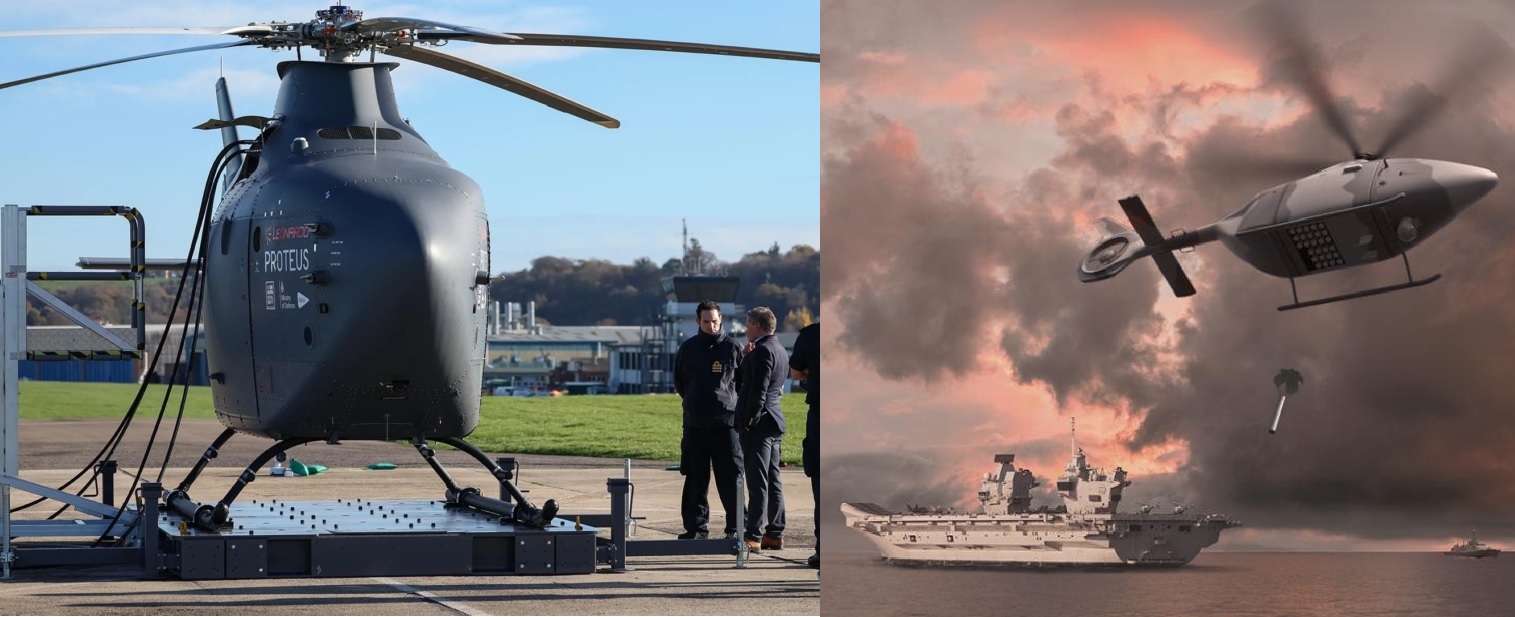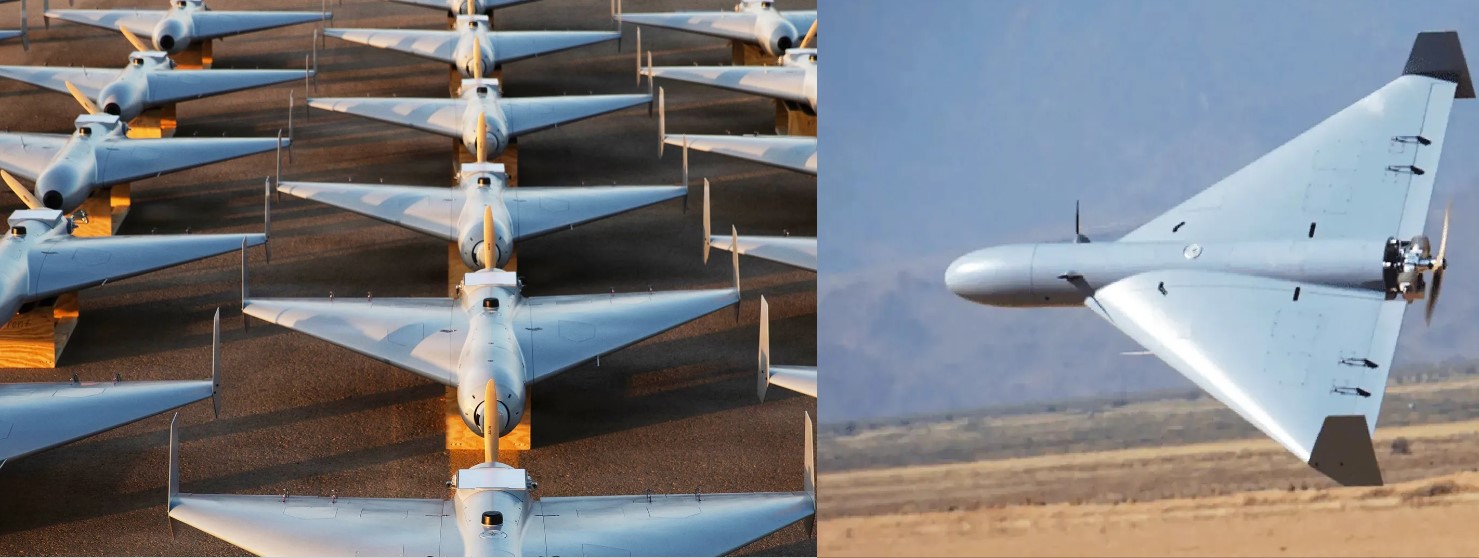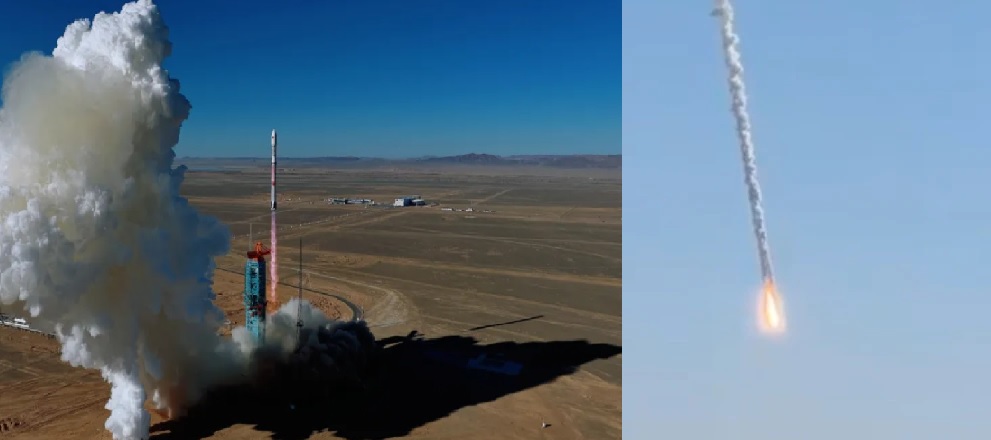Elbit Systems Unveils “Frontier” AI-Driven Surveillance System for Border Defense at DSEI 2025:

London, United Kingdom : At the DSEI 2025 defence exhibition, Elbit Systems introduced Frontier, a wide-area persistent surveillance system built to transform how borders are monitored and defended. The system is designed to detect, classify, and assess land, air, and maritime threats in real time, leveraging advanced artificial intelligence (AI) to reduce false alarms, cut operational costs, and relieve pressure on human operators.
Key Features of Frontier
-
Autonomous, real-time threat detection
Frontier employs edge-deployed AI to process data continuously, enabling detection, classification, and risk assessment of potential threats without requiring heavy human intervention. -
Adaptive learning and anomaly detection
The system learns local operational patterns and environmental baselines, allowing it to swiftly flag unusual events or behaviours amidst regular activity. This adaptive learning enhances detection efficiency and reduces false positives. -
Sensor-agnostic modular design
Built with an open architecture, Frontier can integrate multiple types of sensors—optical, infrared, radar, and more—while connecting seamlessly with existing Command, Control, Communications, Computers, Intelligence, and Interoperability (C4I) systems. Crucially, its neural-network components do not require retraining when new sensor types are added. -
Operational memory and contextual awareness
By processing raw data into usable metadata and maintaining a “sectorial operational memory,” Frontier develops a continuously evolving understanding of its surveillance area. This improves accuracy, reduces false alarm rates, and raises detection probabilities. -
Decision support and prioritization
The system prioritizes potential threats and provides operators with actionable insights, ensuring that attention and resources are focused where they matter most.
Strategic Implications
Frontier directly addresses the growing challenge of managing massive data streams from diverse surveillance sources without overwhelming intelligence teams. Traditional systems often struggle with high false alarm rates and slow responses. Frontier’s AI-driven automation aims to close these gaps, providing faster and more accurate assessments while allowing operators to oversee larger areas with fewer resources.
By reducing manpower requirements and streamlining decision-making, the system promises to cut costs and improve mission success rates. For countries grappling with border security challenges—ranging from drone incursions and smuggling to illegal crossings and hybrid warfare Frontier offers a more proactive, adaptable defence solution.
Context & Broader Trends
The unveiling of Frontier reflects a wider industry trend toward autonomous and AI-enabled defence technologies. As borders become more complex to secure, militaries and security agencies are increasingly investing in systems that combine sensor fusion, edge computing, and adaptive learning. Frontier exemplifies this shift, transforming surveillance from reactive monitoring to proactive, intelligent threat management.
✍️ This article is written by the team of The Defense News.






